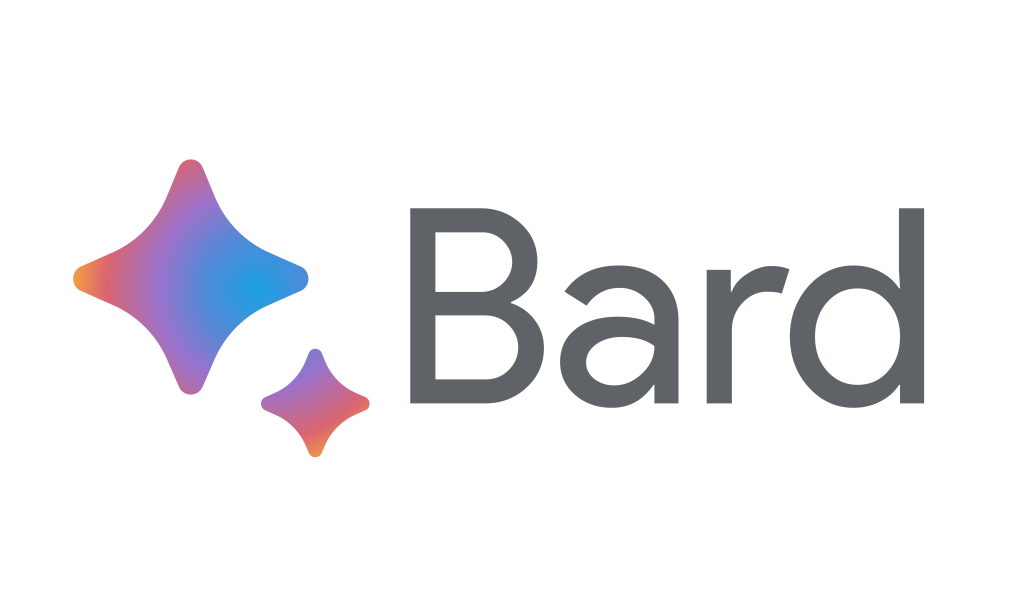Artificial Intelligence (AI) is a scientific branch focused on enabling machines to solve complex problems in ways akin to human intelligence. Its roots trace back to ancient philosophers and inventors, progressing notably in the 20th century with the advent of electronic computers. Presently, AI manifests in diverse applications, from virtual assistants on mobile phones to video game characters, GPS, and robotics. The ongoing era, Industrial Revolution 5.0, signifies a shift from agrarian economies to large-scale industry.
AI brings various advantages, such as aiding medicine, enhancing productivity, and enabling constant availability for tasks. However, challenges include AI's unsuitability for tasks requiring human qualities and concerns about job displacement. Looking ahead, the future envisions AI as personal companions and the emergence of super-intelligent machines, while the ultimate goal remains achieving strong AI that equals or surpasses human intelligence. In conclusion, AI represents the study and design of intelligent agents, emphasizing the need for continuous learning and adaptability to leverage AI as a tool rather than a job competitor.






5 Comments
Eliminating human errors, unbiased decision making and 24 hours availability are also some of major advantages of AI.
ReplyDeleteAlso AI technology have some disadvantages.A big disadvantage of AI is that it cannot learn to think outside the box. ...
ReplyDeleteAccelerating advancement while managing biases and uncertainties. a strong instrument, but are we prepared to use it wisely?
ReplyDeleteIn computer science, artificial intelligence (AI) is the study of building machines that can carry out operations that would normally need human intelligence. These tasks involve learning, thinking, solving problems, perceiving, comprehending language, and even making certain decisions. Informed choices and predictions can be made by AI systems through data analysis and learning.
ReplyDeleteAI's journey from ancient philosophies to modern applications is truly fascinating.
ReplyDelete